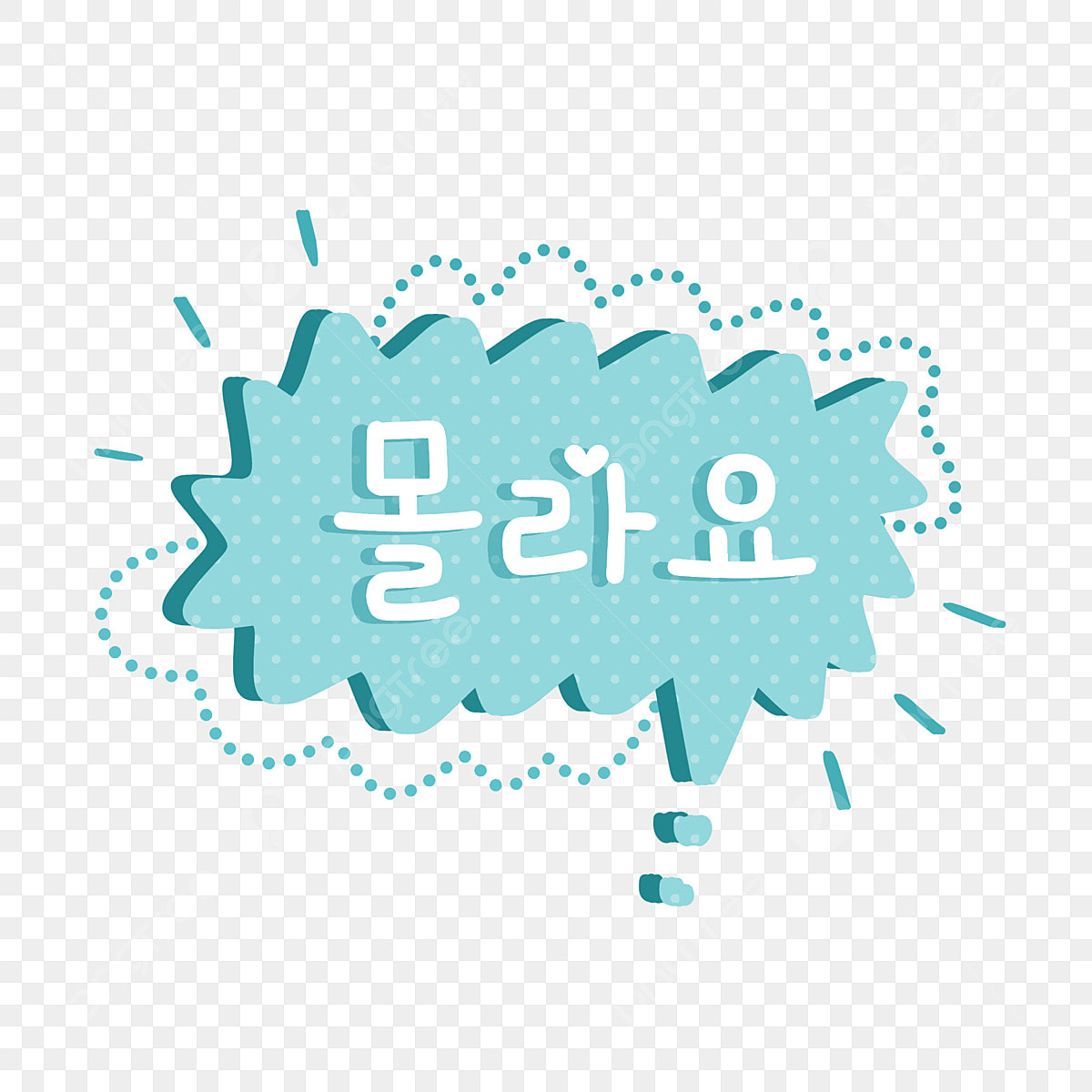In South Korean culture, the term ‘dongsaeng’ (동생) is commonly used to refer to a younger sibling, be it a sister or a brother. The term is often used as a term of endearment and respect, especially in the family setting. However, the meaning of ‘dongsaeng’ extends beyond the family context and is widely used as a form of address for younger people in general.
The term ‘dongsaeng’ is made up of two Korean words – ‘dong’ (동) meaning ‘same’ and ‘saeng’ (생) meaning ‘birth’. Therefore, ‘dongsaeng’ literally translates to ‘same birth’. This term is used to refer to a younger person who shares the same birth year or is born later than oneself. It is a way of acknowledging the age hierarchy in Korean culture, where age is an important factor in interpersonal relationships.
The relationship between an older person and a younger person in Korean culture is often defined by the concept of ‘hyung’ (형) and ‘noona’ (누나). ‘Hyung’ is used by younger males to refer to older brothers or male friends who are older than them, while ‘noona’ is used by younger males to refer to older sisters or female friends who are older than them. Similarly, ‘oppa’ (오빠) is used by younger females to refer to older brothers or male friends who are older than them, while ‘unnie’ (언니) is used by younger females to refer to older sisters or female friends who are older than them.
The use of ‘dongsaeng’ is not limited to familial relationships or age hierarchy. In South Korea, it is often used as a term of endearment and respect between friends, colleagues, and even strangers. It is a way of acknowledging the age difference and showing respect to the older person. In this context, ‘dongsaeng’ is used to refer to someone who is younger than oneself, regardless of thir birth year.
‘dongsaeng’ is a term that holds great significance in South Korean culture. It is a way of acknowledging the age hierarchy and showing respect to the older person. It is commonly used to refer to younger siblings, but its meaning extends beyond the family context and is widely used as a form of address for younger people in general. Understanding the meaning of ‘dongsaeng’ is important in navigating interpersonal relationships in Korean culture.
What is the Meaning of ‘Sunbae’?
In the context of South Korea, Sunbae refers to an upperclassman or senior. This term is widely used in schools, universities, and workplaces, where seniority often plays a significant role in social hierarchy. Sunbaes are viewed as more experienced and knowledgeable, and are expected to guide and mentor their juniors or hoobaes.
In recent years, the term Sunbae has also gained popularity in the South Korean idol fandom. In this context, Sunbae refers to an older or more experienced idol who is viewed as a veteran, mentor, or predecessor. Sunbaes are often respected and admired by their fans, and are seen as role models for younger idols.
Sunbae is a term that carries a strong sense of respect and hierarchy in South Korean culture, and is used to acknowledge and honor tose who have more experience or seniority in a given context.

The Meaning of Dongsaeng
If you want to address smeone who is younger than you, you can use the term “Dongsaeng” which is a Korean word that means both younger sister and younger brother. It is a respectful term that is commonly used in Korean culture to show affection and respect towards someone who is younger than you. You can use this term to address someone who is your sibling, cousin, friend, or even a stranger who is younger than you. It is important to note that in Korean culture, age is highly valued, and it is considered rude to use informal language or terms with someone who is older than you. Therefore, using the term “Dongsaeng” is a polite and respectful way to address someone who is younger than you.
Understanding the Meaning of ‘Jagi’ in Korean
Jagi is a Korean word that is commonly used to refer to oneself, as in ‘myself’, ‘himself’ or ‘herself’, depending on the subject. However, it is also often used as an affectionate term for someone very close to you, such as a romantic partner, and can be translated to mean ‘darling’ or ‘honey’. This word is considered an informal term and is commonly used in casual conversation between friends, family members, and romantic partners. It is worth noting that the word Jagi is not gender-specific and can be used to refer to both males and females.
The Opposite of Oppa
The opposite of oppa is nuna or noona. It is a Korean term used by males to address an older female friend. While oppa is used by females to address older male friends or brothers, nuna is used exclusively by males to address older female friends or sisters. The term nuna is often spelled as “Nuna” and is used in place of a person’s name. So, if a male wants to address an older female friend in a respectful and friendly manner, he can use the term nuna or noona.

Source: koreaboo.com
Opposite of Sunbae
The opposite of Sunbae is Hoobae. Sunbae is a Korean word used to refer to someone who has more experience in a particular field, such as work or school, while Hoobae is used to refer to someone with less experience. In other words, Sunbae is a senior to Hoobae, who is a junior. Sunbae and Hoobae are commonly used in Korean culture to show respect and acknowledge hierarchy in social and professional settings.
Understanding Dakchyeo Korean
Dakchyeo is a Korean word that is commonly used to express the idea of “shut up” or “keep quiet”. It is often used in situations where someone wants to silence another person who is talking too much or saying something inappropriate. The word can be used on its own or combined with other words to create different expressions, such as “dakchyeo juseyo” whch means “please be quiet” or “dakchyeo haebwa” which means “shut your mouth”. While the word itself may sound harsh or rude to some, it is commonly used in everyday conversation in Korea and is considered a normal part of the language.
What Does ‘Dega’ Mean in Korean?
“Dega” is a pronoun in the Korean language that is commonly translated into English as “I”. This word is used to refer to oneself in a singular sense, whether it be in conversation, writing, or other forms of communication. It is important to note that Korean is a language that places a high emphasis on honorifics and respect, so the use of “dega” may vary depending on the context and the relationship between the speaker and the listener.
Exploring the Meaning of Molla Korean
Molla in Korean is a term used to express the phrase “I don’t know.” It is commonly used in casual conversations, especially when someone is uncertain about a topic or has no information about it. The term is derived from the Korean verb “모르다” (moreuda), which means “to not know.” Molla can also be used as a response to a question when someone doesn’t have an answer. It is one of the most frequently used Korean expressions in everyday life and is essential to learn for anyone who wants to communicate effectively in Korean.

What Is the Meaning of ‘Chakaman’ in Korean?
Chakaman is a Korean word that is commonly used to mean “wait” or “hold on.” It is often used in informal conversations and can be heard in various settings, such as in Korean variety shows or in everyday conversations among friends and family. The word is made up of two parts: “chaka” and “man.” “Chaka” means “moment” or “a short period of time,” and “man” means “only” or “just.” Therefore, “chakaman” can be translated as “just a moment” or “hold on for a moment.” It is a usful phrase to know if you are visiting Korea or if you are learning the Korean language.
Conclusion
In South Korea, the term “dongsaeng” refers to a younger sibling or a younger person in general. This term is widely used in Korean culture as a way to show respect and acknowledge the age hierarchy. In Korean society, it is important to show respect to elders and address them with appropriate titles, such as “sunbae” for seniors. Similarly, “dongsaeng” is used to address younger individuals in a respectful and affectionate manner. It is a term that carries a sense of closeness and familiarity, and it reflects the importance of family and community in Korean culture. Whether you are a native speaker or a learner of Korean, it is important to understand the significance of this term and use it appropriately in social interactions.
